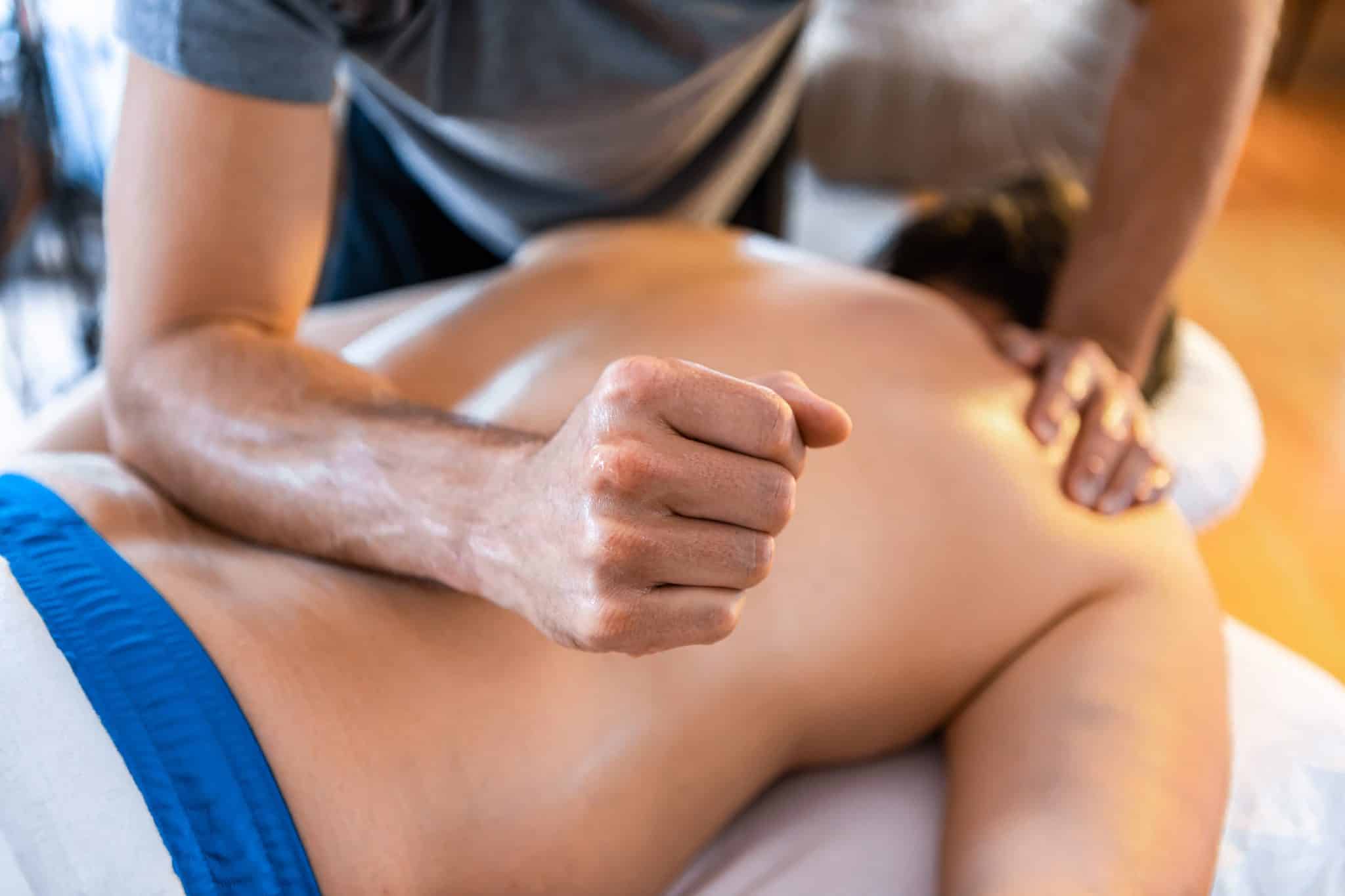
In today’s fast-paced world, finding moments of calm and relaxation is more important than ever. One therapeutic approach gaining recognition is the griesbach massage—a specialized technique designed to promote deep relaxation, relieve tension, and enhance overall wellness. At Movenetics, we understand how critical it is to integrate effective, soothing massage methods into your self-care regimen. In this article, we’ll explore the top 5 Griesbach Massage techniques you’ll love, helping you experience tranquility and physical relief like never before.
What is Griesbach Massage?
Before diving into the techniques, it’s important to understand what Griesbach Massage entails. Originating from European therapeutic traditions, Griesbach Massage combines gentle yet purposeful strokes aimed at stimulating blood flow, releasing muscular tension, and activating the body’s natural healing responses. Unlike more aggressive massage styles, Griesbach Massage emphasizes softness and rhythm, making it ideal for individuals seeking gentle but effective relief.
Why Choose Griesbach Massage?
Griesbach Massage stands out because it:
- Focuses on soothing, slow movements that reduce stress
- Improves circulation without discomfort
- Supports lymphatic drainage and detoxification
- Is suitable for all ages and health conditions
- Complements other wellness therapies seamlessly
With these benefits in mind, here are the top 5 Griesbach Massage techniques that will elevate your relaxation experience.
1. Effleurage: The Gentle Glide
What is Effleurage?
Effleurage is a classic Griesbach Massage technique characterized by long, sweeping strokes across the skin. This method uses the palms of the hands to gently glide over muscles, encouraging blood flow and preparing the body for deeper massage work.
Benefits of Effleurage
- Promotes relaxation and calms the nervous system
- Warms up muscles to prevent injury
- Enhances lymphatic drainage and reduces swelling
How to Perform Effleurage
Start with light pressure and gradually increase as comfort allows. Use slow, rhythmic strokes moving towards the heart to optimize circulation. This technique is excellent at the beginning and end of a massage session for transition and closure.
2. Petrissage: The Kneading Touch
What is Petrissage?
Petrissage involves kneading, rolling, and lifting of the muscles. It is slightly deeper than effleurage but remains soothing, targeting muscle knots and improving tissue elasticity.
Benefits of Petrissage
- Relieves muscle tension and stiffness
- Breaks down adhesions and scar tissue
- Boosts circulation and oxygen delivery to muscles
How to Perform Petrissage
Use your fingers and thumbs to gently pinch and lift the muscle tissue in small circles. Focus on tight areas but avoid causing pain. This technique is excellent for targeting the back, shoulders, and legs.
3. Tapotement: Rhythmic Stimulation
What is Tapotement?
Tapotement consists of rhythmic tapping or percussion movements using the edge of the hand, fingertips, or cupped hands. Although slightly more invigorating, in Griesbach Massage, it’s applied gently to stimulate nerves and awaken the muscles.
Benefits of Tapotement
- Stimulates nerve endings for increased alertness
- Helps release muscle tension and improves tone
- Promotes circulation and muscle recovery
How to Perform Tapotement
Use light, rapid tapping motions on large muscle groups such as the thighs and calves. Maintain a steady rhythm and avoid hard impacts to keep the technique soothing and safe.
4. Circular Friction: Targeted Deep Relief
What is Circular Friction?
This technique uses small, deep circular movements with fingertips or knuckles to address tight spots and muscle adhesions without harsh pressure.
Benefits of Circular Friction
- Loosens up stubborn knots and scar tissue
- Enhances muscle flexibility and movement
- Encourages the release of toxins through increased blood flow
How to Perform Circular Friction
Apply moderate pressure with your fingertips to areas of tightness using circular motions. Keep the movements slow and consistent, monitoring client comfort carefully.
5. Passive Stretching: Enhancing Muscle Relaxation
What is Passive Stretching?
Incorporating gentle stretches into Griesbach Massage sessions helps elongate muscles, improve joint mobility, and deepen relaxation.
Benefits of Passive Stretching
- Increases muscle length and flexibility
- Relieves tension and reduces stiffness
- Complements massage strokes for holistic treatment
How to Perform Passive Stretching
Gently move the client’s limbs through a comfortable range of motion after massage strokes. Hold stretches for 15-30 seconds, always respecting the client’s limits.
How to Maximize the Benefits of Griesbach Massage
- Set a relaxing environment: Use calming music, dim lighting, and comfortable temperature
- Communicate openly: Always check pressure preferences and comfort levels
- Hydrate: Encourage drinking water post-massage to flush out toxins
- Consistent sessions: Regular Griesbach Massage sessions provide lasting benefits
At Movenetics, we recommend combining these techniques based on your unique needs for a truly personalized experience.
Conclusion
The soothing power of Griesbach Massage lies in its gentle, thoughtful approach to healing and relaxation. Whether you’re new to massage therapy or seeking a calming technique to add to your wellness routine, these top 5 Griesbach Massage techniques offer something truly special. From the soft glide of effleurage to the targeted relief of circular friction and the restorative benefits of passive stretching, each method promotes a deeper connection between mind and body. Embrace these techniques with Movenetics and unlock your path to tranquility and physical renewal. Our website is your ultimate source of valuable information.
Frequently Asked Questions (FAQ)
1. Is Griesbach Massage suitable for everyone?
Yes, Griesbach Massage is gentle and adaptable, making it safe and beneficial for most people, including seniors and those with sensitive conditions.
2. How often should I get a Griesbach Massage?
For best results, it’s recommended to have a session every 2 to 4 weeks, depending on your individual needs and stress levels.
3. Can Griesbach Massage help with chronic pain?
While it is primarily designed for relaxation and tension relief, Griesbach Massage can complement pain management by improving circulation and reducing muscle tightness.





